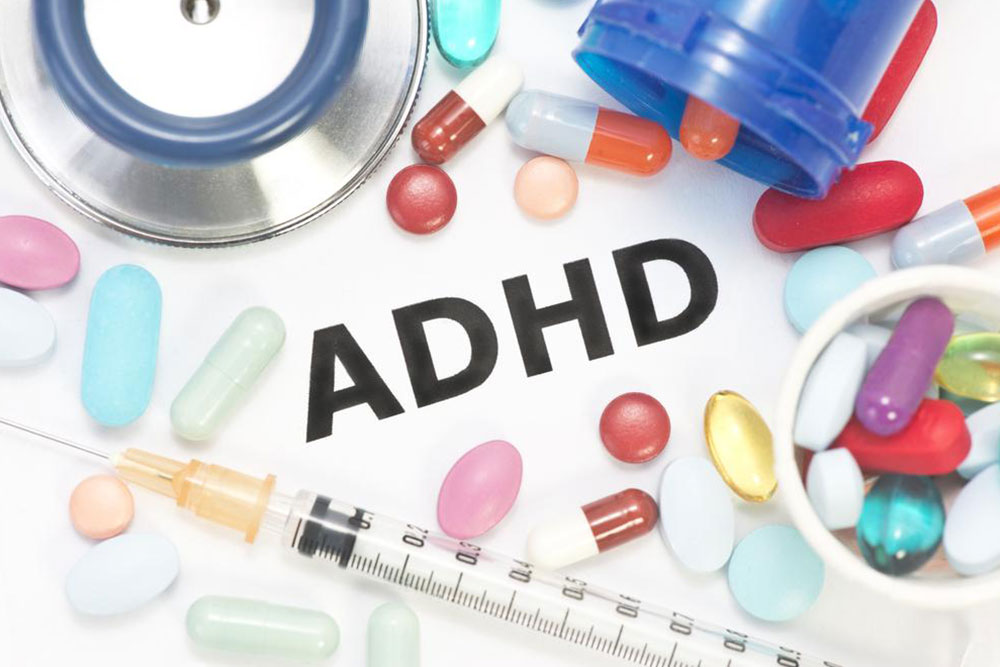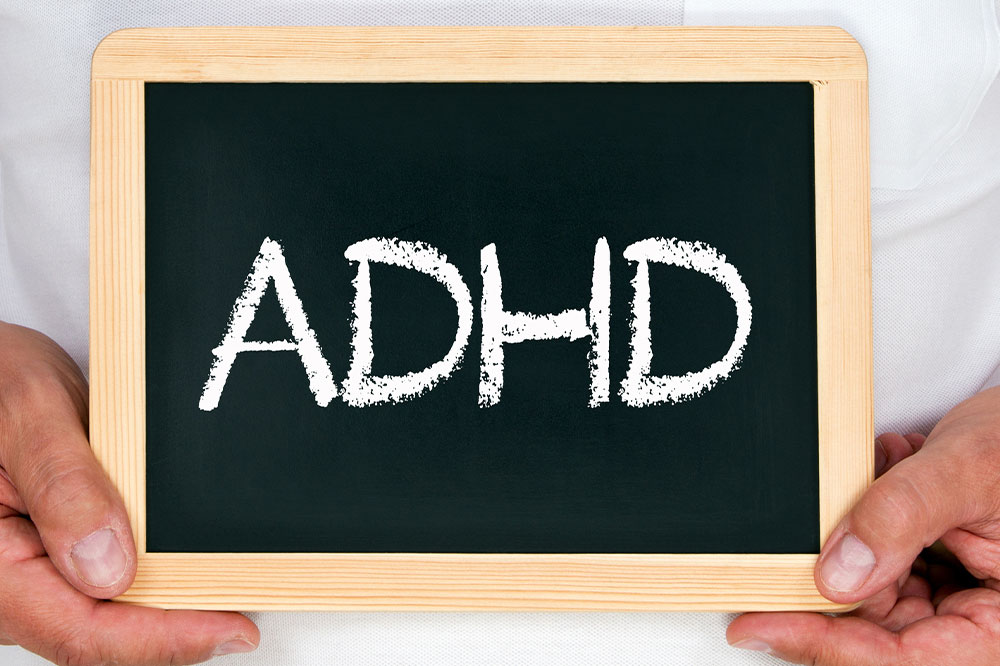Comprehensive Approach to Teen Anger Management and Emotional Support
This comprehensive guide explores effective strategies for managing adolescent anger, emphasizing the importance of understanding emotional triggers, providing professional support, and fostering a supportive environment at home. It highlights the challenges faced during adolescence and offers practical tips for parents and caregivers to support teens through their emotional growth. Early intervention and professional counseling play a vital role in helping teenagers develop healthy coping skills, ensuring they navigate their developmental years with resilience and emotional stability.

Supporting Adolescents Through Effective Anger Management Strategies and Emotional Well-being
Adolescence is a transformative phase marked by rapid physical, emotional, and psychological changes. It is common for teenagers to experience mood swings, frustration, and heightened emotional responses. While some level of emotional fluctuation is normal, persistent or intense anger can interfere significantly with their daily life, relationships, and overall mental health. Recognizing the signs of problematic anger and taking appropriate steps to support teens is essential for fostering healthy development and emotional resilience.
Understanding the unique challenges faced during adolescence is crucial for parents, educators, and caregivers. The teenage years involve significant hormonal changes, brain maturation processes, and social pressures that can trigger emotional volatility. These factors can contribute to behaviors ranging from irritability to aggressive outbursts, which may worry parents and teachers alike. Knowing when to intervene and how to provide effective support can make a meaningful difference in a teen’s emotional stability and future well-being.
Adolescence is characterized by dramatic hormonal shifts and ongoing brain development, particularly in areas responsible for impulse control and emotional regulation. This physiological and psychological upheaval can manifest as behavioral issues in teens, including irritability, defiance, and aggressive tendencies. These responses, while often temporary, can sometimes escalate if not addressed effectively.
Factors contributing to anger in teenagers include:
Academic stress, such as exams and workload, which can cause frustration and anxiety.
Social challenges, peer pressure, and relationship conflicts that upset emotional balance.
Family dynamics, including conflicts, divorce, or inconsistent discipline, which affect emotional security.
Past traumas, abuse, or neglect that leave lasting emotional scars.
Untreated anger and emotional struggles may lead to serious consequences:
Deterioration of social relationships with friends and family.
Decline in academic performance and school engagement.
Disruptive behaviors that could result in disciplinary action or legal issues.
Risk of developing mental health issues such as depression or anxiety.
Engagement in risky behaviors including substance abuse or self-harm.
To effectively support teens, it is vital to understand the underlying reasons for their anger and address them proactively. Common causes include:Puberty-related hormonal changes affecting mood and behavior.
An unstable or stressful home environment, which causes emotional insecurity.
Exposure to trauma, abuse, or neglect that complicates emotional development.
Feelings of anxiety, sadness, or grief stemming from personal or social issues.
Recognizing that anger is often a surface emotion masking deeper issues helps caregivers approach the situation with empathy and patience. The goal is not merely to suppress anger but to channel it constructively and help the teen develop healthier coping mechanisms.
The role of professional support in adolescent anger management is invaluable. When parents or guardians find it challenging to manage their child's emotional episodes effectively, therapy and counseling can provide essential guidance. Professional therapists are trained to identify the root causes of anger and develop tailored intervention strategies that promote emotional growth.
Benefits of seeking professional teen anger support include:
Enhancement of communication channels between teens and their parents or caregivers, fostering mutual understanding.
Provision of practical tools and strategies to handle emotional outbursts effectively.
Participation in group therapy sessions that foster peer understanding, social skills, and emotional resilience.
Support in identifying underlying mental health issues that may need further treatment.
Early intervention is critical in preventing long-term emotional and behavioral problems. Whether through family counseling, individual therapy, or specialized youth programs, offering support at the right time can help teenagers navigate their emotional challenges more effectively and build resilience for the future.In addition to professional help, the role of parents and caregivers remains fundamental. Creating a supportive environment where teens feel heard, understood, and safe can significantly reduce anger episodes. Strategies such as active listening, setting clear boundaries, encouraging open dialogue, and teaching relaxation techniques can empower teens to manage their emotions constructively.
Ultimately, fostering emotional intelligence and resilience in teenagers is a collaborative effort. With understanding, patience, and appropriate support, teens can learn to regulate their emotions, express themselves healthily, and develop coping skills that will serve them throughout their lives. Proactive engagement and early support are key to ensuring adolescents grow into emotionally well-rounded adults capable of handling life's challenges with confidence and grace.





